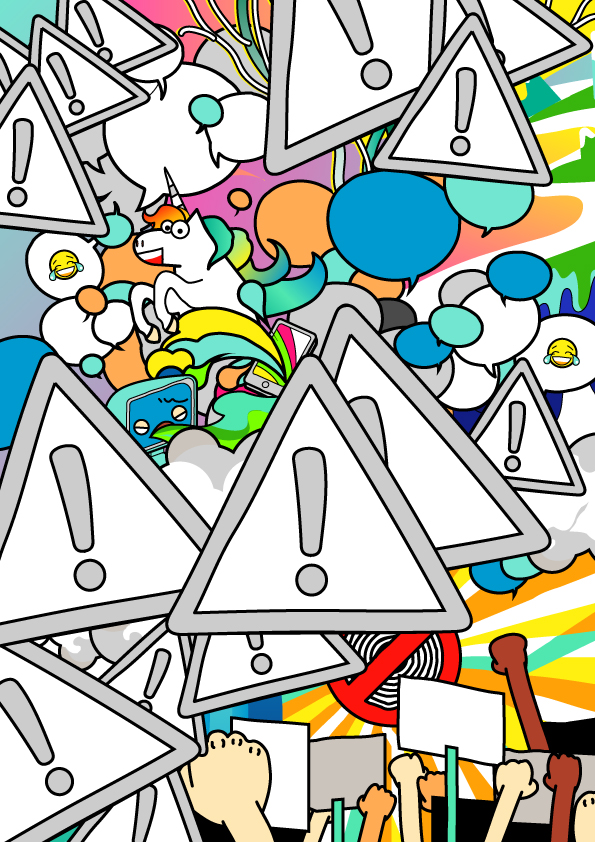Access Now and five other civil society organisations are taking a stand for freedom of expression across the European Union (EU). On November 8, the coalition filed a complaint before the French supreme administrative court, the Conseil d’État, against the French decree implementing the EU regulation on addressing the dissemination of terrorist content online (TERREG), calling on the court to request a preliminary ruling from the Court of Justice of the European Union (CJEU). The coalition is challenging the TERREG’s compatibility with the EU Charter of Fundamental Rights.
Fighting terrorism by jeopardising the freedom of expression of millions across the EU is not a trade that should be made — nor would you get what you pay for. Civil society is calling on Europe’s highest courts to step up and put down the TERREG. Human rights must come first.Eliška Pírková, Senior Policy Analyst at Access Now
Alarmingly, the Regulation threatens freedom of expression and access to information on the internet by giving law enforcement the power to decide what can be said online, without prior independent judicial review. As it stands, the TERREG provides scope for any EU country to order a website, social media platform, or online service provider to block user-content alleged to be of terrorist nature within one hour. The vague terminology and rapid implementation time paves the way for censorship and over-compliance. The danger of law enforcement overreach and abuse of content removals has been widely reported, and will inevitably increase with this Regulation. These platforms can also be forced to implement “specific measures” to prevent the publication of terrorist content, which may include automated upload filters which scan all content before publication, ignoring context and censoring legitimate speech. Furthermore, they may violate the prohibition of general monitoring obligation under the Digital Services Act, indiscriminately scanning all user-generated content hosted by service providers.
The coalition is made up of Access Now, ARTICLE 19, European Center for Not-for-Profit Law (ECNL), European Digital Rights (EDRi), Wikimedia France, and led by La Quadrature du Net (LQDN).
